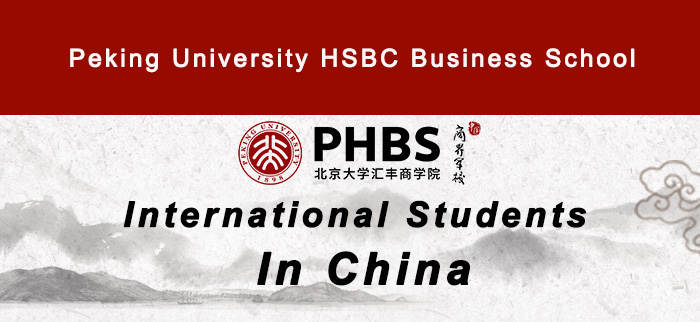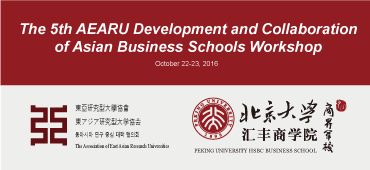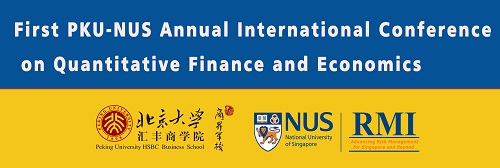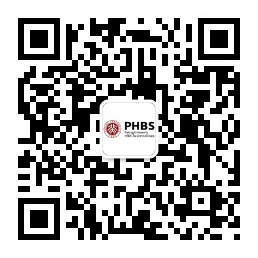The Meso-Unit Theory of Post-Merger Integration
by Terrill L. FRANTZ
ARTICLE | Computational and Mathematical Organization Theory | Vol.24,2018
Abstract
This article introduces the meso-unit theory of post-merger integration. The theory offers that the number of constituent work-units involved in an organizational merger has a greater detrimental effect on the time-to-integration than does the total number of constituent personnel involved. Its establishment is based on the results of controlled experiments conducted in a virtual laboratory. The simulation utilizes agent-based modeling software that encapsulates organizational behavior models such as the knowledge-based view of the firm, social and communication network theory, and CONSTRUCT theory. The software is configured for a two-organization merger and implements classic behavior dynamics to simulate communicative behavior of information-seeking actors. As a result, detailed micro- and macro-level data on the integration progress is available for examination, analysis and interpretation. The results give rise to the development of the meso-unit theory, which directs integration managers’ attention toward a key aspect of the integration that is often overlooked.
Popular Articles
-
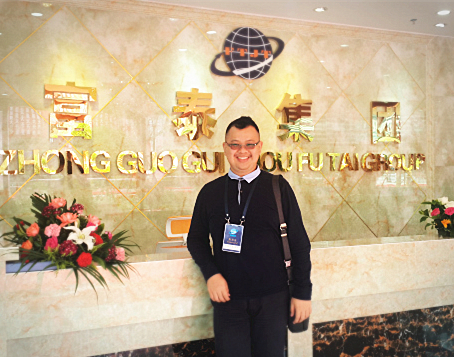 International Student Profile: Kevin Kurnia
International Student Profile: Kevin KurniaOct 12 2017
-
 Start your application to join PHBS!
Start your application to join PHBS!Sep 18 2018
-
 PHBS Opening a Campus in UK: Se...
PHBS Opening a Campus in UK: Se...Feb 22 2017
Latest News
-
Thomas Hübl: The Symbiosis betwe...
Time:Apr 24 2019
-
Alum Profile: Markey Tan’s Rise in the Shenzhen Tech World
Time:Apr 11 2019
-
Professor Xiao Geng: China and Its Western Critics
Time:Apr 09 2019
Campus Events



